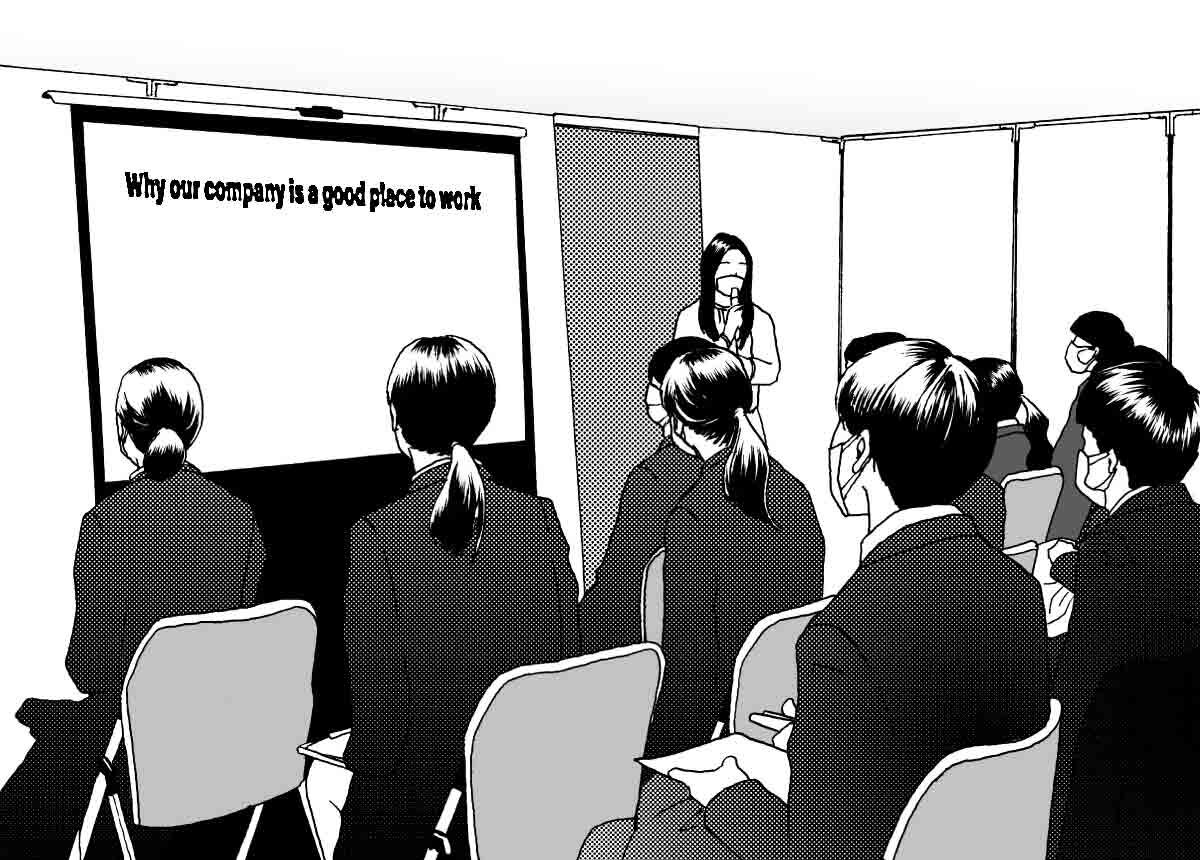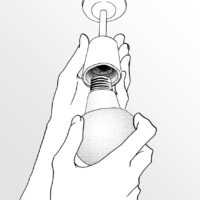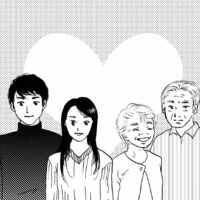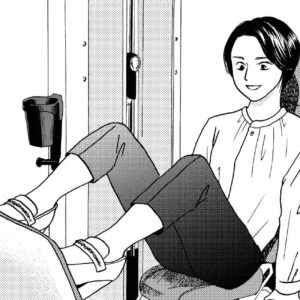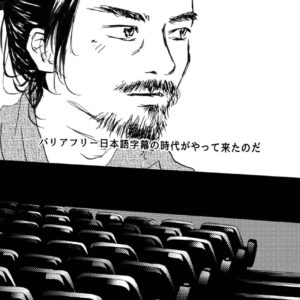On March 1, the ban on company information sessions was lifted for the college students who will graduate in March 2024. This is the beginning of the new graduate recruiting season in Japan.
There is a schedule for the recruitment of Japanese college students:
Companies should start their PR efforts to recruit job candidates on March 1.
Companies should start selection activities for hiring on June 1.
Companies will not make formal offers until October 1.
This rule came about because the government told companies to centralize job-hunting activities because college students were spending too much time looking for jobs and not enough time on their original academic work.
In Japan, new graduates are the most valuable new employees. This is a strange custom from an international perspective. Students are not required to have any particular specialized skills but are expected to have honesty, communication skills, and the potential for growth. It is the role of companies, not universities, to provide students (new employees) with the knowledge and ability to actually work in Japan. Thus, the younger the worker, the better.
When hiring new graduates, job skills are not taken into account. However, if they find a job a few years after graduation, they are expected to have gained skills, such as expertise. In this way, if a person has no job options upon graduation, it will be more difficult to find another job. In order to prevent this from happening, third-year college students are working frantically to find jobs.
Previously, it was common for people to work for the same company until they retired. However, job-hopping, in which people change jobs based on their skills and pay, is becoming more common in Japan, following Europe and the U.S. Students don’t really want to work for the companies where they currently hope to get jobs until they retire. We are now in a “seller’s market,” where students have an advantage over companies. Companies must work harder than ever to find talented people to hire. They try to raise starting salaries and make reverse offers to students.
In Japan, 70% of companies have a mandatory retirement age of 60, 20% have the age of 65, and 10% have no age limit. Pension eligibility begins at age 65. Since the average Japanese person lives to be 85 years old, the key to survival is “how long can you keep working?”



